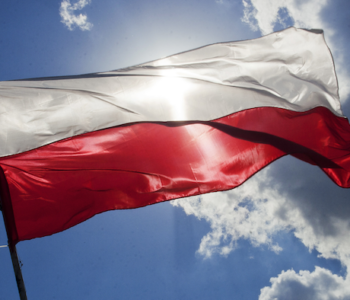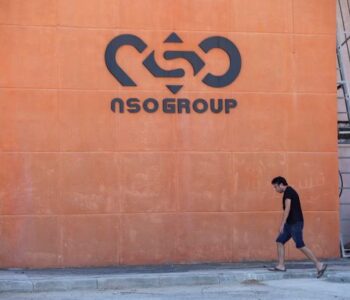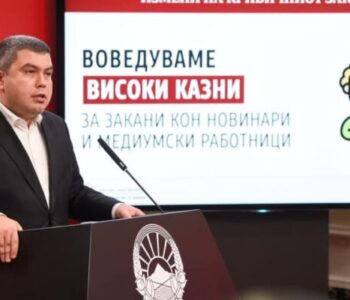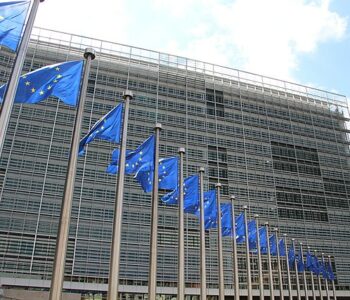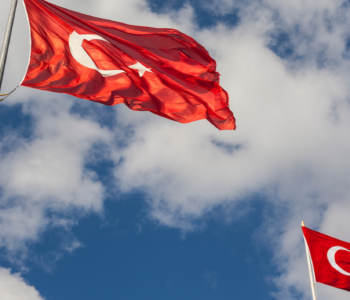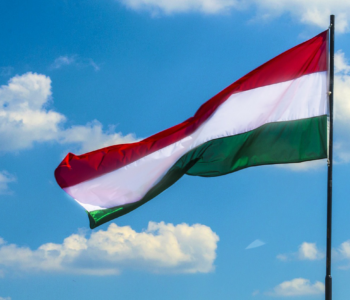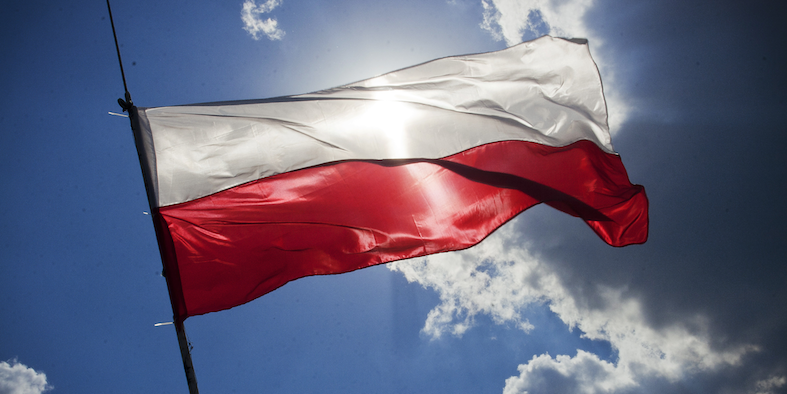
Poland: PiS accelerates repolonization drive with passing of ‘Lex…
Poland: PiS accelerates repolonization drive with passing of ‘Lex TVN’
IPI urges Senate and president to reject amendment to media ownership law that targets critical broadcaster.
The IPI global network today expressed deep concern over the passing by the Polish parliament of an amendment to broadcast media law which threatens the independence of the country’s largest private television broadcaster, TVN. IPI urges stronger action by the U.S and European Commission to defend media freedom.
On August 11, lawmakers in the Sejm, the lower house of parliament, voted by a majority of 228 to 216 to approve the so-called “lex TVN” bill, with 10 abstentions. The amendment to broadcasting rules is aimed at forcing U.S.-owned Discovery to sell its controlling stake in TVN, whose influential all-news channel TVN24 and flagship evening news program have long held a critical editorial stance toward the ruling Law and Justice (PiS) party.
“The passing of this anti-TVN law by the Sejm is a significant step forward in the ruling party’s multi-year effort to muzzle one of its biggest media critics and the most disturbing attack yet on independent media in Poland”, said IPI Deputy Director Scott Griffen. “This law has always been about one goal: slicing through TVN’s ownership structure, opening the door to government-allied entities to acquire stakes, and ultimately engineering a shift in editorial position to one more favourable to PiS. These calculated efforts to push out foreign capital and ‘repolonize’ the media landscape ahead of legislative elections are right out of the Fidesz playbook in Hungary. This is media capture in action.
“Despite the setback last night, this fight is far from over. We urge the Senate to firmly reject this law in its current form. In this event, lawmakers in the Sejm must then put party politics and personal interests aside and vote for the good of Poland’s democracy. If the Sejm again votes to pass the amendment, the responsibility to veto will ultimately fall on Polish President Andrzej Duda. The stakes are high: if passed, this law would simultaneously shred Poland’s reputation as a welcome climate for foreign investment and deliver another serious blow to media pluralism and media independence.
“In the meantime, we urge the U.S. State Department to double diplomatic efforts to oppose this bill and defend TVN’s independence. Both U.S. interests and values are threatened. The European Commission also cannot stand idly by as a main source of independent news and information for millions of Poles is brought to heel by PiS. Formulaic statements by EU officials are not enough: words must be followed by concrete action to engage with Warsaw. If TVN and TVN24 are muzzled, it would be a devastating blow for media pluralism and a clear signal that no private media in Poland is safe from PiS’s interference.”
Dramatic day in Sejm
The passing of the law followed a dramatic day in the Sejm. After a heated initial debate, MPs voted to refer the draft amendment back to the Parliamentary Committee on Culture and Media to consider new proposed amendments, which would have protected U.S. investment in TVN. The Committee, which is controlled by lawmakers from PiS and its allies, swiftly rejected the amendments proposed by opposition parties.
With the bill returned to the lower house, debate resumed on the floor while PiS politicians ramped up negotiations behind the scenes to secure the required majority. As the atmosphere became more tense, a proposal to postpone the session until September was passed by a slim majority of MPs. Protesters gathered outside parliament began to celebrate and opposition lawmakers welcomed the adjournment as a victory. Jubilation soon turned to dismay, however, as inside the Sejm PiS lawmakers demanded that the vote be repeated.
Following a long break, the speaker, Elzbieta Witek, a PiS member, returned to the chamber and ordered that parliament be reconvened for a second vote on the motion, explaining that she had forgotten to specify the date of the next session. Despite outrage and accusations of foul play from opposition lawmakers, the adjournment vote was held again and the motion was rejected by 229 to 225, after MPs from the Kukiz’15 party switched sides. With scenes inside the chamber became increasingly chaotic, the original vote on lex TVN was held and PiS succeeded in securing the required majority.
The vote also capped a dramatic few days in Polish politics, during which the PiS-led majority government suffered a major setback after Prime Minister Mateusz Morawiecki dismissed the leader of a junior coalition partner, Agreement, from the government over his vocal criticism of the media law. In the wake of the vote, more than 800 journalists in Poland signed a statement in defence of TVN’s independence and protests against the law were held in more than 80 towns and cities across the country.
The amendment would prevent non-European owners from having controlling stakes in Polish media companies. As U.S.-based Discovery owns TVN through a subsidiary registered in the Netherlands, it would fall foul of the new regulations and could be faced with selling 51 percent of its stake in TVN, which is valued at around $1 billion. If it did not, channels such as TVN24 could be stripped of their media licenses. The law comes as TVN24 awaits a decision on the renewal of its current 10-year media license, which expires in September.
Ahead of the vote, IPI, the partner organizations of the Media Freedom Rapid Response (MFRR) and other leading press freedom groups wrote to members of the Sejm urging them to oppose the draft law.
